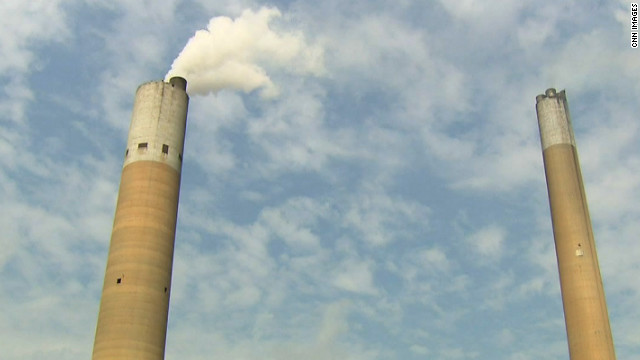In the global fight against climate change, a significant blind spot has emerged—military emissions. As temperatures soar to unprecedented levels, scientists and environmental groups are intensifying their efforts to address this overlooked aspect. Despite being one of the largest fuel consumers worldwide, armed forces remain exempt from reporting or reducing their carbon emissions under international climate agreements. This exemption, rooted in concerns over national security, has hindered the accurate assessment and mitigation of global greenhouse gas emissions.
The Scope of Military Emissions
According to estimates by international experts, militaries contribute approximately 5.5% of global greenhouse gas emissions. However, the true extent of their emissions remains uncertain due to unreliable and incomplete data. The exclusion of military emissions abroad, including those from flying jets, sailing ships, and training exercises, from climate agreements has only exacerbated this opacity.
National Security Concerns
The primary reason for exempting military emissions from reporting requirements is the fear that disclosing energy usage data by armed forces could compromise national security. This exemption dates back to the 1997 Kyoto Protocol and continues under the 2015 Paris Agreement. While these concerns are valid, they have inadvertently created a loophole that prevents a comprehensive understanding of the overall impact of human activities on climate change.
The Urgent Call for Transparency
In light of the increasing urgency to address climate change, scientists and environmental groups are urging the United Nations to prioritize transparency and accountability in military emissions. Requiring armed forces to disclose their energy use and report their carbon emissions would be a crucial step toward achieving a more accurate assessment of global greenhouse gas emissions.
The Implications of Ignoring Military Emissions
The omission of military emissions from climate agreements has far-reaching implications. It hinders the development of effective strategies to mitigate climate change and achieve international targets. Furthermore, without a comprehensive understanding of all emission sources, efforts to transition to cleaner energy alternatives may fall short.
Toward a Holistic Approach
To successfully combat climate change, it is imperative to adopt a holistic approach that encompasses all sectors, including the military. Inclusion of military emissions in international climate agreements and the establishment of reporting requirements for armed forces would contribute significantly to this goal. By doing so, we can obtain a more accurate representation of global emissions, facilitating the development of targeted mitigation measures.
The world’s battle against climate change has a critical blind spot: military emissions. While armed forces play a significant role in global greenhouse gas emissions, they are exempt from reporting or reducing their carbon footprint. Addressing this blind spot is crucial to accurately assess the impact of human activities on climate change and develop effective mitigation strategies. By encouraging transparency and accountability in military emissions, we can forge a more comprehensive and inclusive approach to combat the climate crisis and safeguard the future of our planet.






